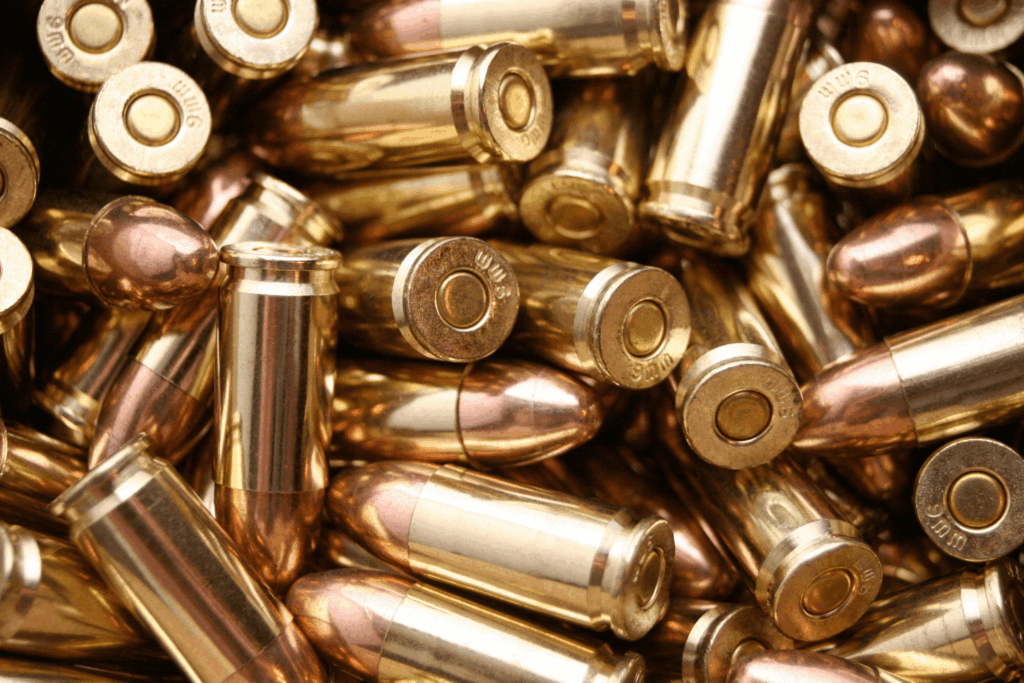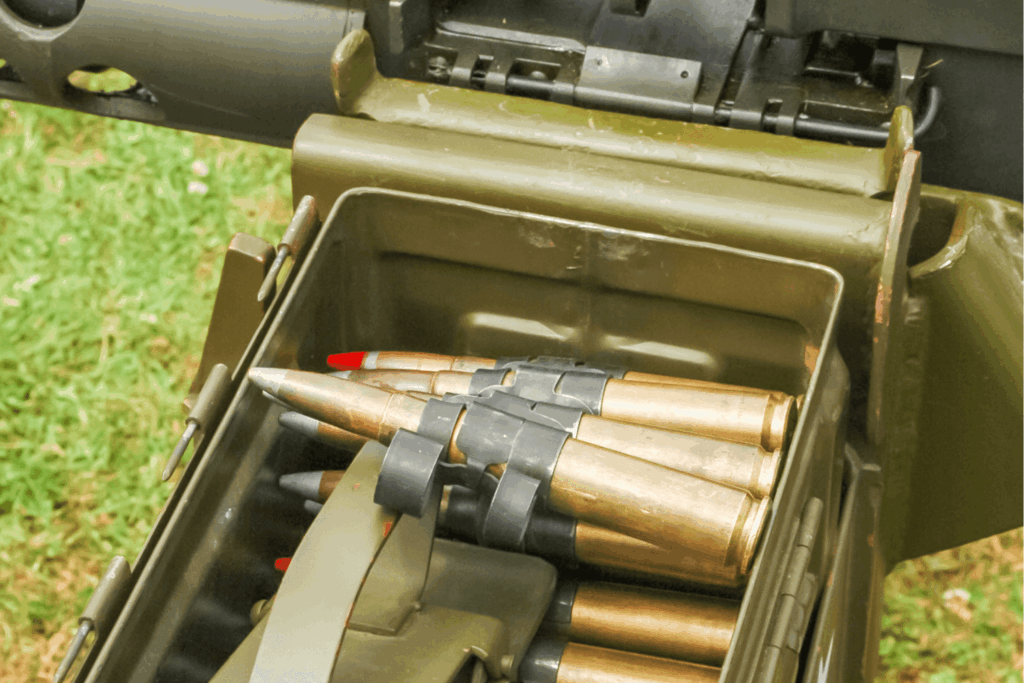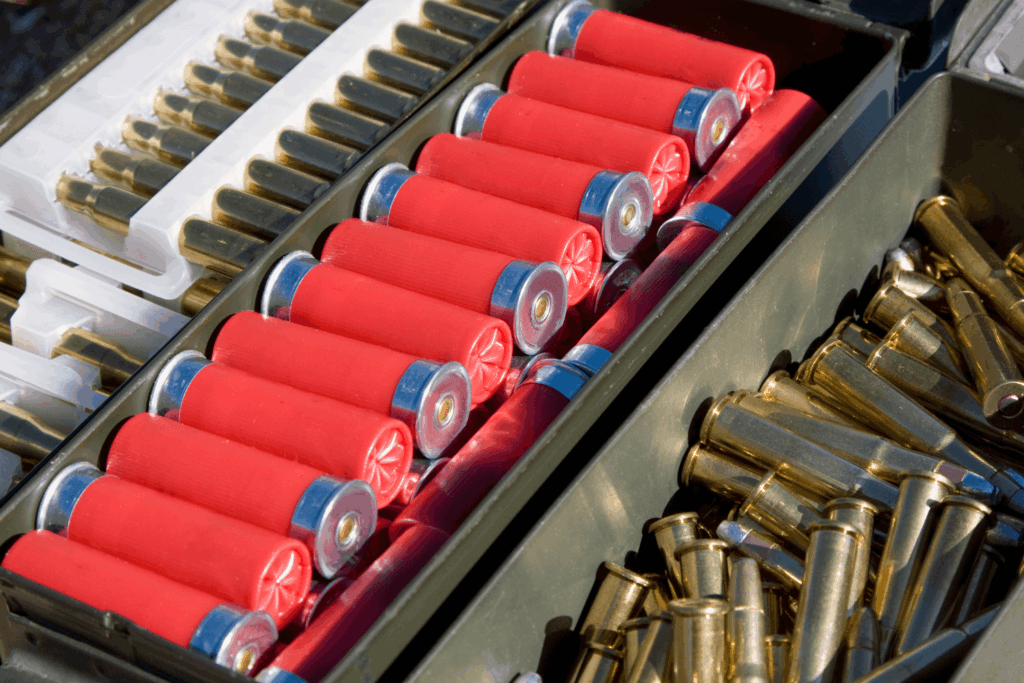No products in the cart.

If you’ve been a firearm owner for any length of time, chances are you’ve got a few boxes of ammunition tucked away in your closet, safe, or range bag. Maybe they’ve been sitting there for years, and now you’re wondering: Does ammo expire?
The short answer: ammunition doesn’t have a set expiration date, but it can degrade over time. The good news? With proper storage, most ammo can last decades, and in some cases, more than 50 years. The key is knowing what affects ammo shelf life, how to store it correctly, and the warning signs of bad ammunition.

Unlike food or medicine, ammunition doesn’t come stamped with a “use by” date. However, that doesn’t mean it lasts forever.
Ammunition is made up of four components:
Over time, these materials can degrade if exposed to moisture, heat, or improper handling. Corrosion on the casing, chemical breakdown of powder, or a compromised primer can lead to misfires or dangerous malfunctions.
So while you won’t find an expiration date on your box of ammo, the answer to does ammunition expire depends entirely on how it’s stored.
Most experts agree that with proper storage, ammunition can remain reliable for 10–50 years. Military surplus ammo is proof: rounds from the mid-20th century often still fire today.
The takeaway: how long ammo lasts depends more on the environment than age. Stored correctly, your investment will serve you well for decades.
Not sure whether that old box of ammo is safe to use? Here are the top warning signs of bad ammunition:
When in doubt, don’t shoot questionable ammo. Dispose of it safely at a local range or hazardous materials facility.
Now that we’ve addressed the potential for ammo to expire, let’s discuss prevention. Proper storage is the best way to extend ammo’s shelf life.

Following these guidelines ensures that your ammo will last and perform reliably when you need it most.
Ammunition is an investment in both money and security. Neglecting storage not only risks wasted rounds but also potential malfunctions that could damage your firearm or endanger your safety.
Responsible ownership means taking ammo care seriously. The good news is, with simple precautions, your ammo can outlast you and still fire safely decades from now.
So, does ammo expire? Not exactly. Ammunition doesn’t come with an expiration date, but poor storage can cause it to degrade. By recognizing the signs of bad ammo and following smart ammo storage tips, you can make sure your supply stays safe and reliable for decades.
Want to find the best ammo cans, storage cases, and firearm accessories? Eagle Shows hosts vendors who specialize in reliable storage solutions and gear. Explore upcoming gun shows in PA and purchase your tickets today!